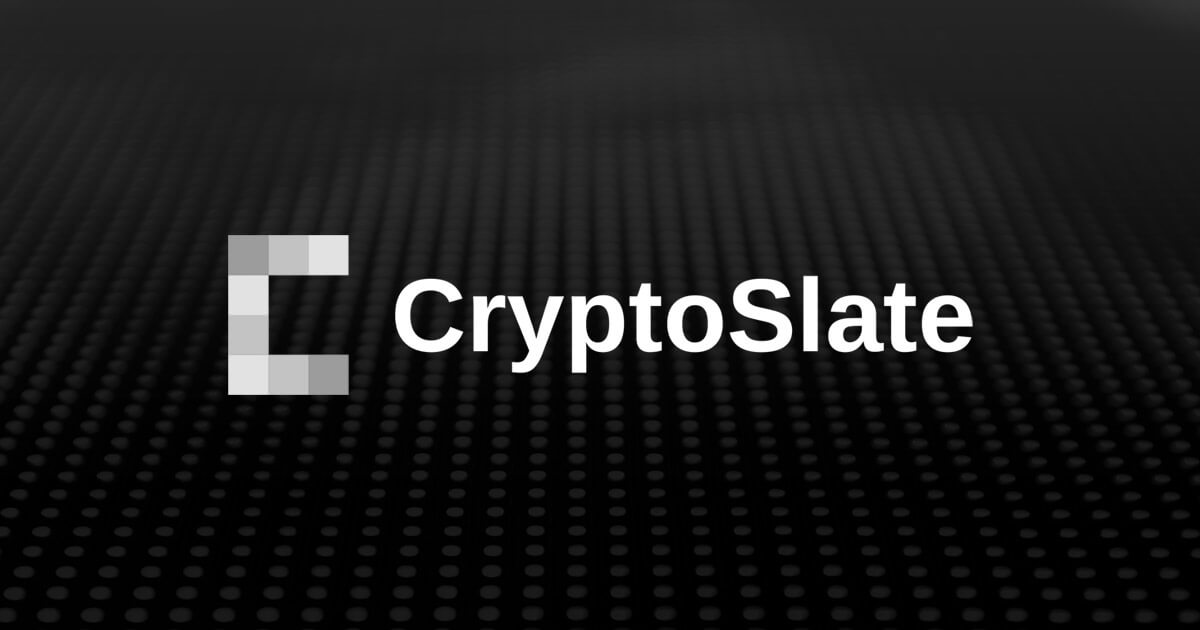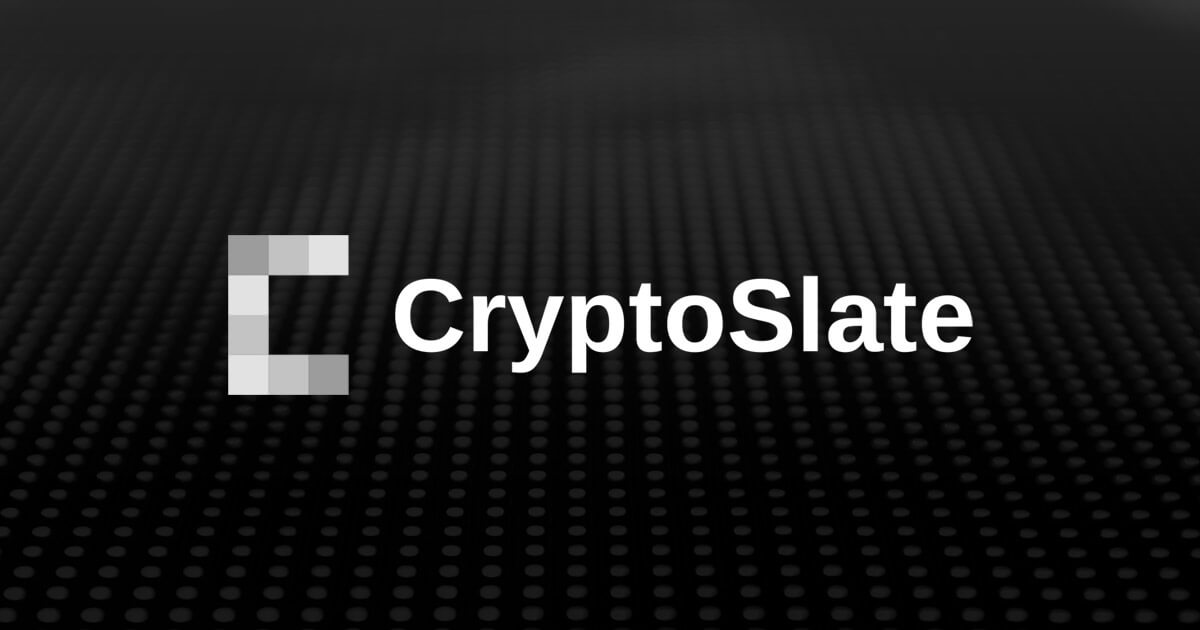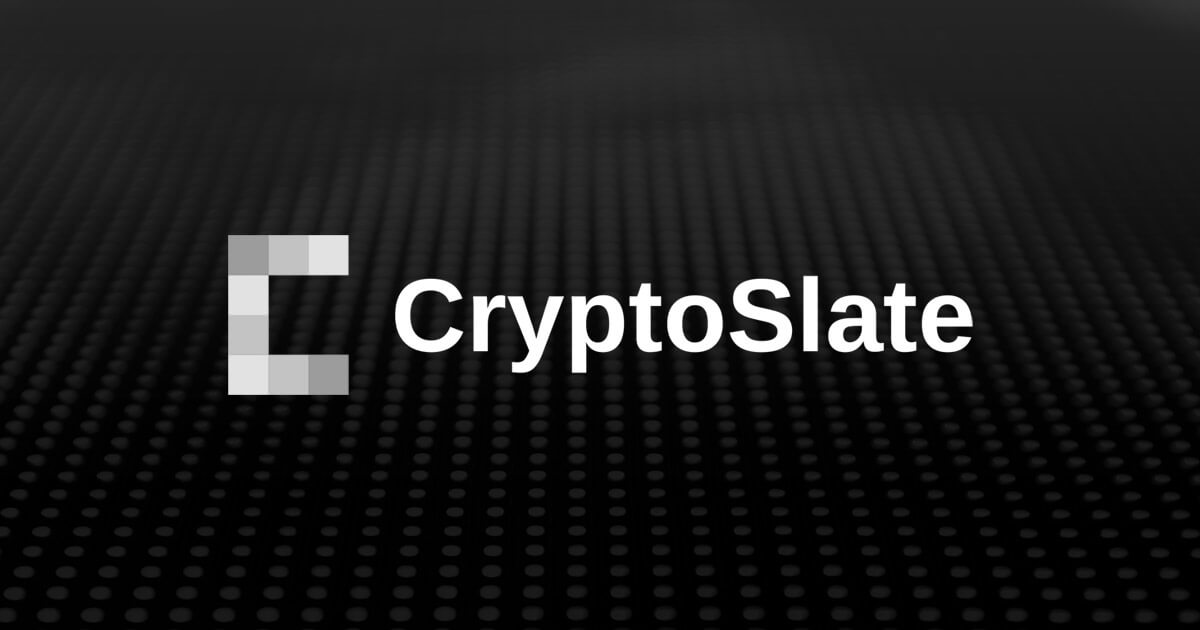For the first time in their inception, Ethereum’s average transaction fees outstripped Bitcoin’s. Ethereum however, has since resumed its place as the more economical blockchain.
As reported in a tweet by @JZay, Coin Metrics data revealed the momentary overtaking occurred July 1, 2018:
Average transaction fees for Ethereum have surpassed Bitcoin for the first time ever $BTC $ETH pic.twitter.com/6boN8UnShx
— JZay (@BTCOlN) July 17, 2018
At one point, the average Ethereum transaction cost $5.40 to send — more than seven times that of Bitcoin’s $0.75. Calculated by total fees divided by total transactions, the average Ethereum fee has descended to $0.37 at time of press.
The increasing fees of more than 2350% in a 24-hour window sparked a chorus of disdain amongst the platform’s users. In reference to early July’s congestion, one user complained:
Here we go again. Ethereum gas price is 90 GWEI right now. 90. Imagine paying 90 times more in transaction fees. if we can’t provide a single stable blockchain for dapps at $400B market cap, are we doing anything at all?
cc: @APompliano @ricburton @VitalikButerin @cz_binance
— Varun Deshpande (Nuo) (@thebitsian) July 14, 2018
Fees, Fire, and Fury
While the average Ethereum transaction fee remained below $1 since January 2018 — the peak of Ethereum’s usership, July has seen the platform brace a series of operational fiascos.

Chinese exchange FCoin may be solely responsible for early July’s eruptive fee hike. As previously reported by CryptoSlate, the exchange was accused of using a highly consumptive coin-voting process — one that incited an Ethereum-wide bottleneck.
While the congestion appeared to be short-lived — average fees returned to below the $1-mark on July 8th— a recent bout of gas price manipulation saw costs ballooning once more when a single contract monopolized 40% of the network’s resources.
Traditionally, transaction costs have fallen under the umbrella of Ethereum’s scalability challenges — an issue perhaps to be solved by the long-awaited Casper PoS upgrade or another of Buterin’s architectural initiatives. As developers contemplate the most robust solution, what may of most pressing concern is the evident ability of a few of the platform’s users to affect the masses.


















